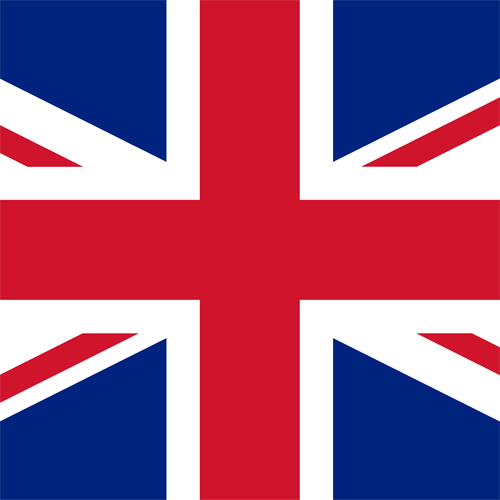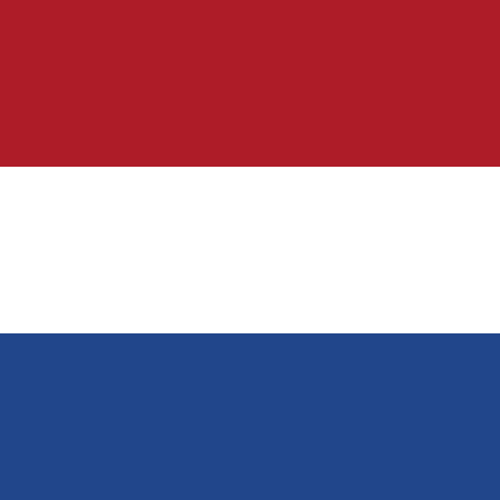Dictionary
Aquaculture includes the cultivation of aquatic organisms such as fish, seafood and aquatic plants.
Biodiversity is a degree of diversity of plant and animal life within a given ecosystem, geographical area or the entire planet.
By-products are products that are (unintentionally) created by a particular production process. In some cases, these products have certain properties that give them value and can therefore be used usefully.
Dead water zones are areas in waters, such as lakes, seas and oceans where oxygen is scarce and therefore the living organisms are dying or dead already.
Feed conversion is the concept of efficiency with which an animal converts the feed obtained into body weight.
CO2 fixation is the process by which CO2 (carbon dioxide) is captured by living organisms into organic compounds (fixation). The most well-known example of CO2 fixation is photosynthesis.
Crop rotation means that on a certain piece of land you grow a different crop every year.
Deforestation is the disappearance of forest caused by humans for commercial purposes, or to gain land for agriculture or for settlements.
GACC: Global Alliance for Clean Cook stoves is an initiative that ensures clean cookstoves and therefore better health and living conditions for millions of households.
Greenhouse gases are gases in the Earth's atmosphere with the ability to absorb heat radiation. Due to human activity, the concentration of some of these gases increases and as a result extra heat is retained and the temperature on earth, also known as the greenhouse effect, rises. The main greenhouse gases are CO2, methane, nitrous oxide and water vapor.
Nutri-Score is a food choice logo that should help consumers to make the right (healthy) choice when purchasing food products because it indicates which product has a better composition within the same product group.
Protein transition is the transition from eating proteins originated from animals to eating proteins originating from plants.
Regenerative agriculture is an umbrella term for a group of (organic) farming methods that strengthen rather than deplete natural resources. The focus is on restoring degraded soil, reducing deforestation, increasing biodiversity, improving the water cycle and strengthening the vitality of the area.
SDGs are the sustainable development goals to make the world a better place by 2030. These goals have been agreed by 193 countries that are members of the United Nations (UN).
Sea farms are farms that are situated in the sea, for example fields that consist of different types of seaweed. This development may be an answer, among other things, to the ever-growing demand for food due to the growth of the world's population.
The Great Green Wall aims to create an 8,000-kilometre-long 15-kilometre-wide green (tree) zone from east to west Africa on the southern edge of the Sahara. In the last 10 years, about 15% has been realized. The initiative has brought life back to areas where hardly anything was growing before. It provides food security and jobs and it gives people a reason to continue living in the areas where their ancestors lived for years. In this way, it tries to halt the growth of the desert and even help to partly recover it into living zones.
UNGEI: United Nations Girl Education Initiative is an initiative that aims to get more girls and women into school benches, thereby reducing gender inequality and promoting prosperity and well-being in their environment. Women with education have fewer and healthier children and are more open to using climate-saving farming methods.
Vegan diet is a diet where one chooses not to eat or use any animal products at all.
Vegetarian diet is a diet where one does not eat products from killed animals, so no meat and fish. A vegetarian diet may contain for example dairy and egg products.
UPF stands for United Packaging Forest and is an initiative that originated in the packaging world and is open to everyone who recognizes themselves in the fight against illegal tree felling. The organization is committed to combating global warming and the worldwide loss of >10 billion trees per year.
Skal is the certified recognized organization that supervises the organic production in the Netherlands.
Cycle is a process in which several stages follow each other, but eventually the initial state is reached again.
Air separation is a process for the dry separation of a product. It is a method that makes use of an air flow and the centrifugal forces that arise. As a result, the lighter protein particles, for example, are separated from the heavier starch particles. Although milling takes energy, drying takes about 10 times as much energy. Dry separation is therefore more sustainable and cheaper than wet separation.



